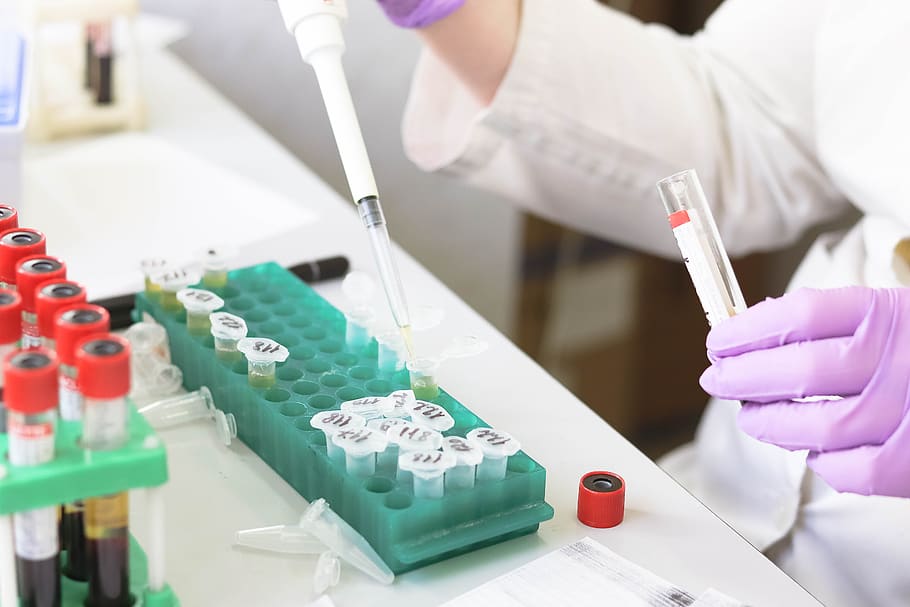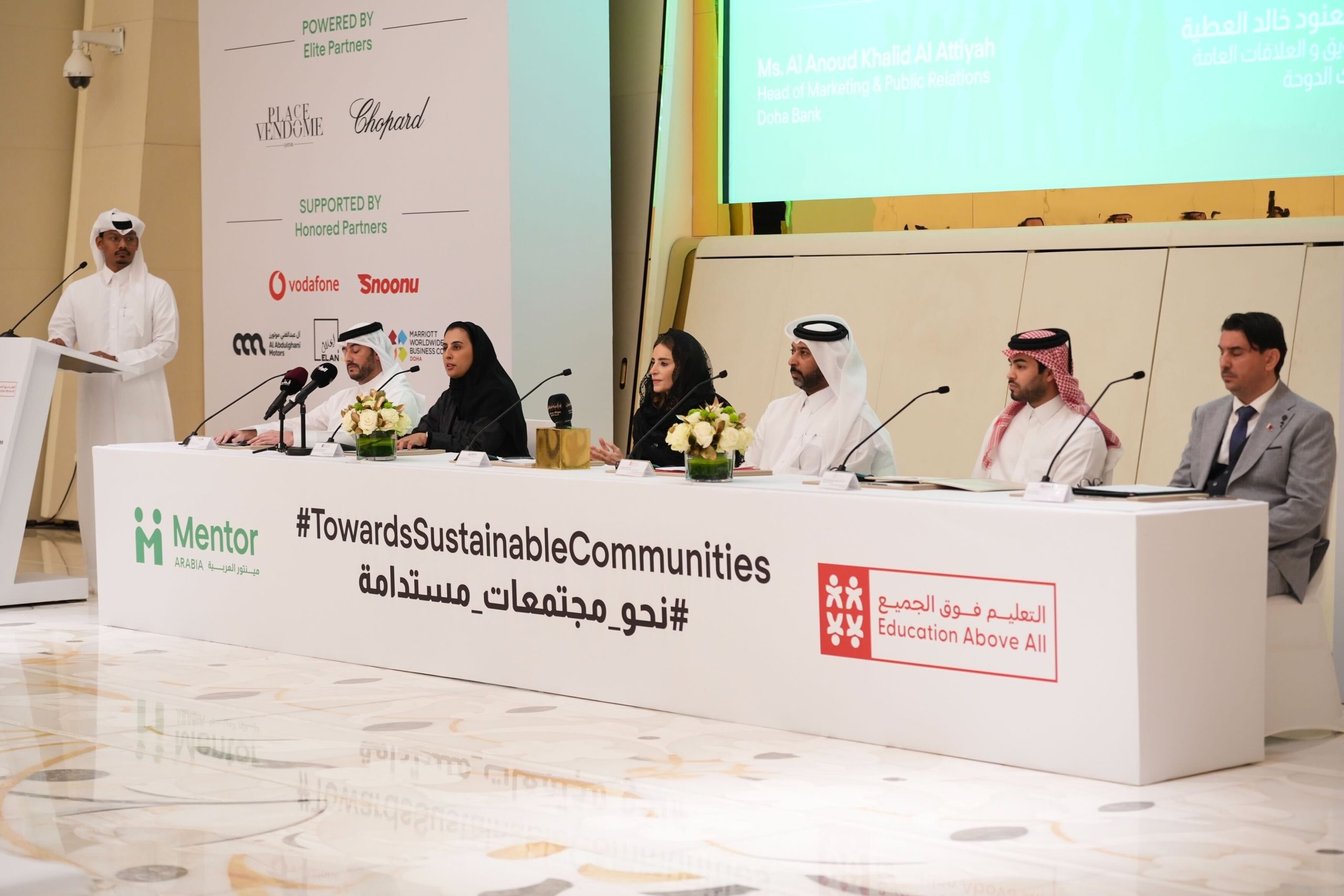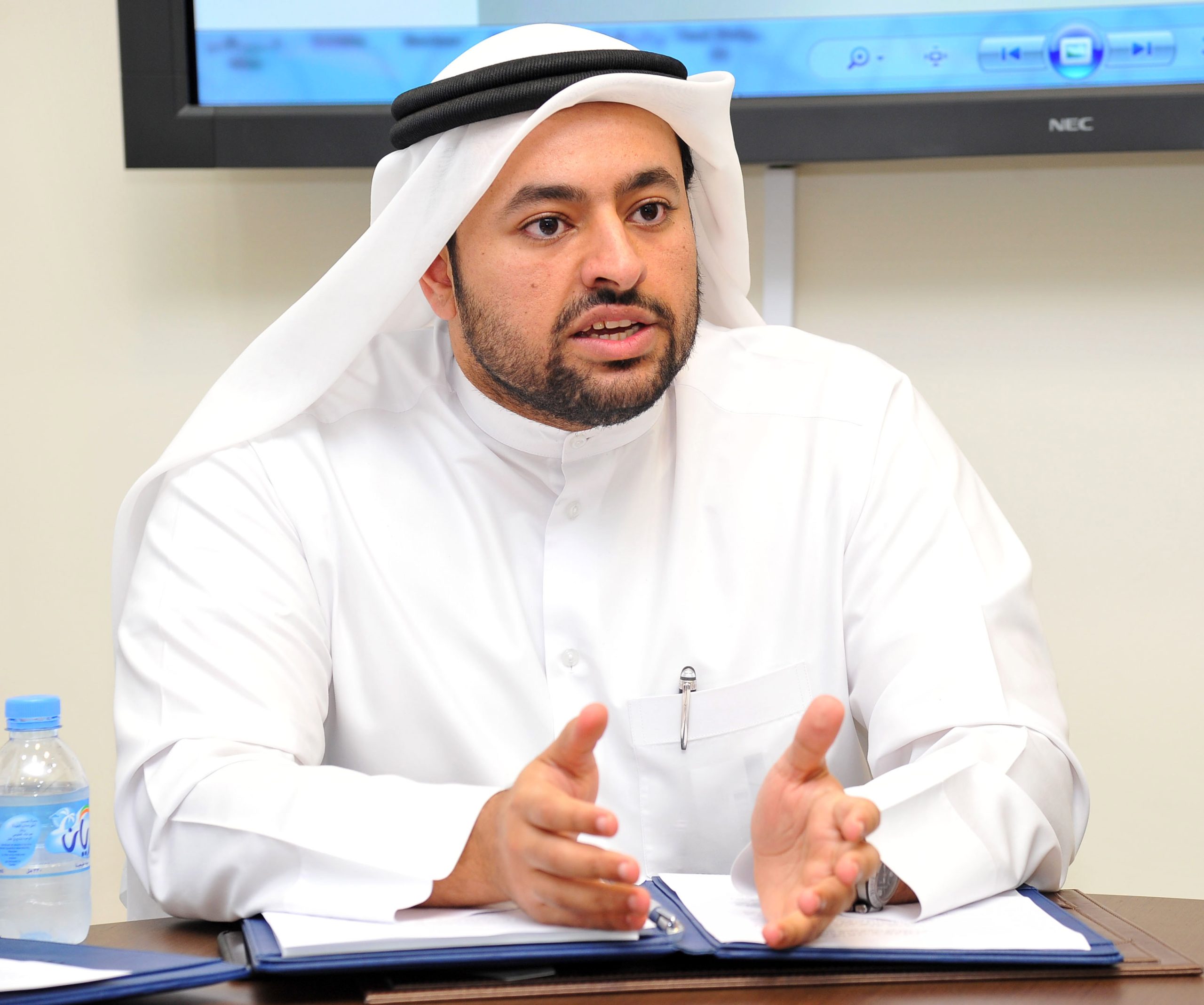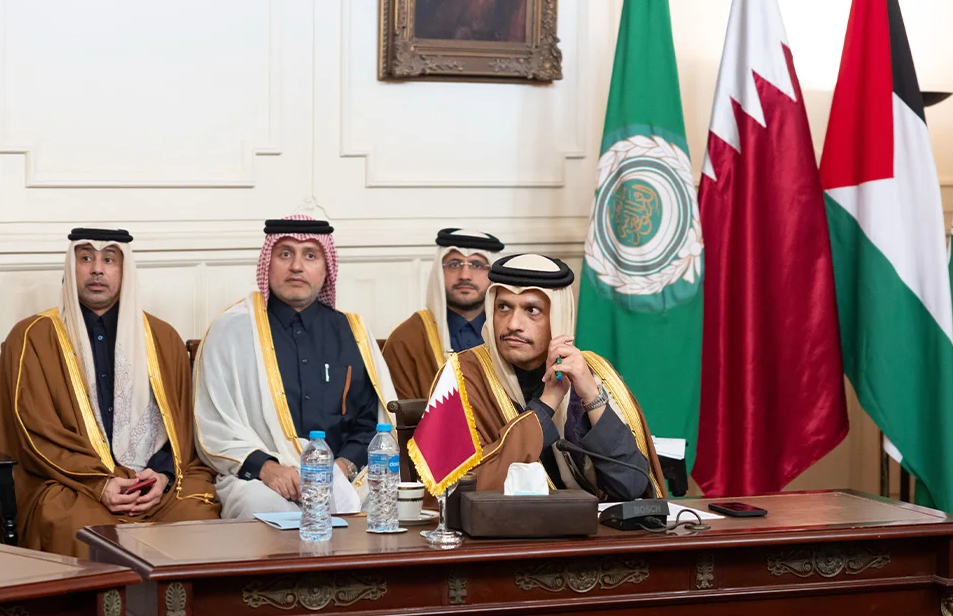An international conference in Doha underscores the importance of genetic resource conservation and sustainable agricultural practices, fostering dialogue among policymakers and stakeholders while highlighting Qatar’s advancements in agricultural research and technology.
An international conference on conservation and sustainability kicked off in Doha on Sunday, marking a significant milestone in the global dialogue on biodiversity preservation and sustainable agricultural practices.
Organised by the Ministry of Municipality, the ‘Role of Gene Banks in the Conservation of Genetic Resources and Achieving Sustainable Food Security’ conference represented by the Department of Agricultural Research, brought together 27 speakers from seven Arab and foreign countries.
Spanning five days, the conference underscores the importance of the international treaty and the Global Biodiversity Framework as fundamental tools in conserving genetic resources and combating the biodiversity loss crisis.
It aims to foster a robust dialogue between policymakers, stakeholders, and the community on the conservation of biodiversity, the impact of climate change, and the pivotal role of gene banks in supporting food security.
Hamad Saket Al Shammari, Director of the Agricultural Research Department, emphasised the conference’s relevance to Qatar’s priorities in food security and sustainability.
He pointed out that the discussions and knowledge exchange would greatly benefit Qatar, offering practical solutions to enhance the diversity and sustainability of plant genetic resources crucial for food and agriculture, according to QNA.
Al Shammari also highlighted the strategic and economic value of plant genetic resources in Qatar, despite its arid conditions.
Qatar’s advancements in agricultural and scientific research, supported by cutting-edge technologies such as AI and the IoT, demonstrate its significant role as a regional hub for investment and innovation in these fields.
These efforts align with the Qatar National Vision 2030 and the Ministry of Municipality’s strategy to achieve self-sufficiency and food security through diversified seed systems and the development of new plant varieties.
The conference’s workshops and panel discussions centre around five key themes, including the conservation of biodiversity, ecosystem rehabilitation, the role of gene banks and botanical gardens, and the applications of advanced technologies in agricultural research and food security.
These discussions aim to address the impacts of disasters, crises, and international financing policies on biodiversity conservation and sustainable management.
Elsayed Mohamed Elazazi, an expert in plant genetic resources and one of the conference’s organizers, noted the participation of esteemed speakers from countries such as Canada, Sweden, and England, as well as regional institutions like Qatar University and Kuwait.
This diverse assembly of experts underscores the global and interdisciplinary approach required to tackle the challenges of biodiversity loss, climate change, and food insecurity.







